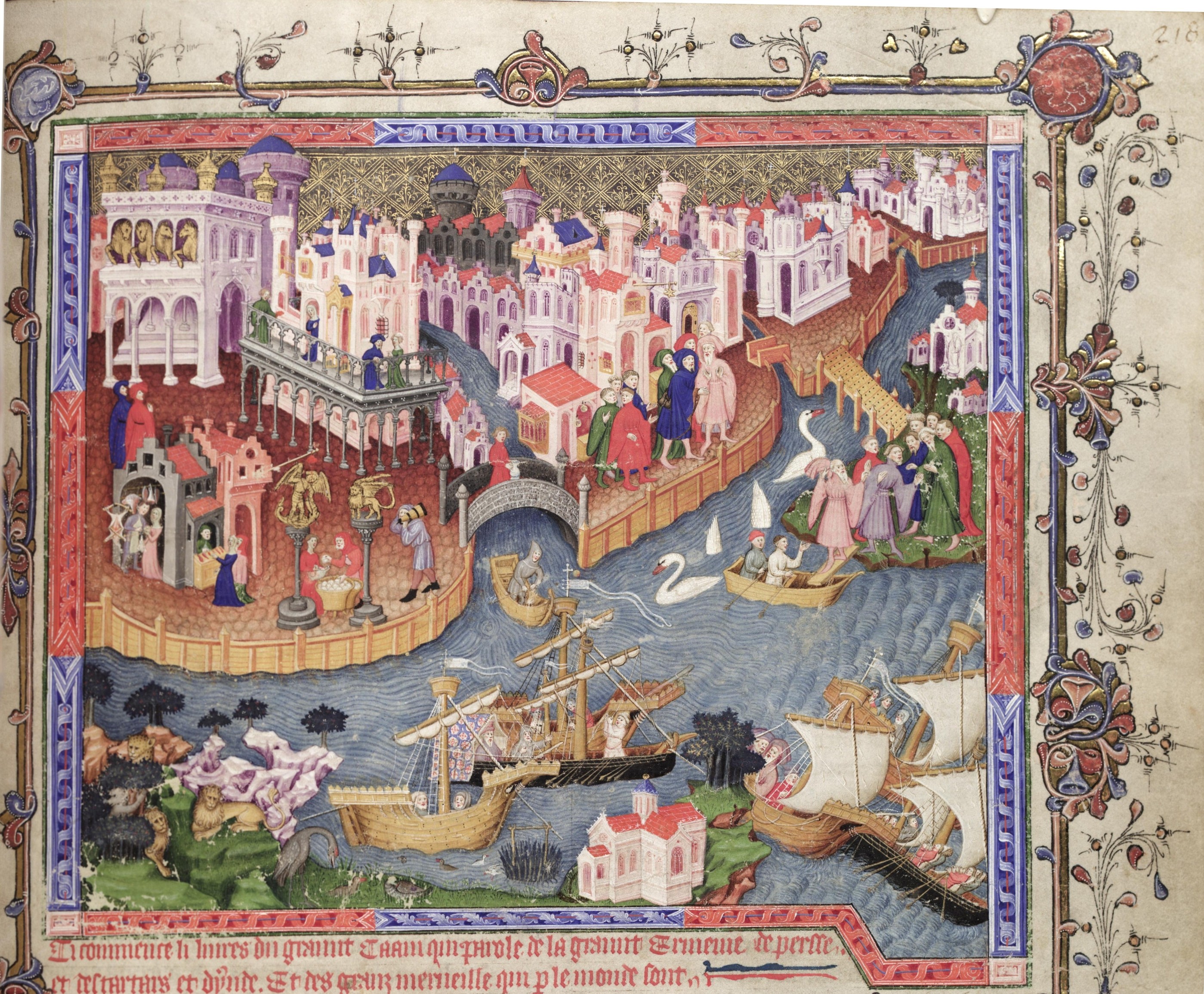Premodern Studies Cluster

While almost every branch of systematic inquiry now honors interdisciplinary study as exciting and desirable, in those fields that still demand broad coverage – such as the Humanities – cooperative work has become indispensable. Given the University of Rochester’s status as a relatively small research institution, no Humanities department possesses the intellectual resources or critical mass to claim exclusive ownership of a subject, period, or method. Even in the largest universities, the proliferation of models of research and the emergence of new sub-disciplines and hybrid knowledge has encouraged the formation of work-groups and cross-over units that can support and exploit learning that lies beyond conventional disciplinary horizons. Since 1989, when the Protocluster on Pre-modern Studies came into being, it has tried to sponsor intellectual give and take of this sort, not only because of its inherent worth and dynamism, but also because of our size: when there is, for example, only one person doing medieval religion, or ancient philosophy, or Middle Welsh, reaching out beyond departmental boundaries becomes a means of keeping research at once comfortable and edgy.
Over the nearly twenty years of its existence, the Pre-modern Protocluster has sponsored (or co-sponsored) more than one hundred seminars and presentations by distinguished outside speakers, some eleven different series, events, and symposiums, and three major international conferences. The programs initiated by the Protocluster have included the participation and presence of literally thousands of people; these numbers take in our own undergraduates, a core of Rochester graduate students and faculty, scholars from other colleges and universities, and non-academic members of the local community. The Protocluster has achieved this level of programming by joining forces with other units on campus, and by sharing resources with other institutions locally and regionally (especially Cornell and Toronto). It has succeeded in providing formal structures that articulate and join the overlapping interests of those who work in earlier historical periods, from the ancient world through the early modern period (really, into the eighteenth century). During this time, more than fifty faculty from a wide variety of programs, departments, and schools have met regularly and attended sponsored events; some two hundred Rochester graduate students (from both MA and PhD programs) have also taken part in lectures, receptions, dinners, and conferences. Participating departments and programs include Art and Art History; English; History; Modern Languages and Cultures; Philosophy; Religion and Classics; The Susan B. Anthony Center for Gender and Women’s Studies; Humanities and Musicology, at the Eastman School of Music; and The Robbins Library. Seminars and lectures with outside speakers have on average drawn twenty-five to thirty faculty and graduate students, though some have reached an attendance of seventy-five or more. In addition, over the years Protocluster events have regularly drawn faculty (and occasional students) from St. John Fisher College, Nazareth College, and SUNY Geneseo, and they have sometimes welcomed members of the community without academic affiliations.
